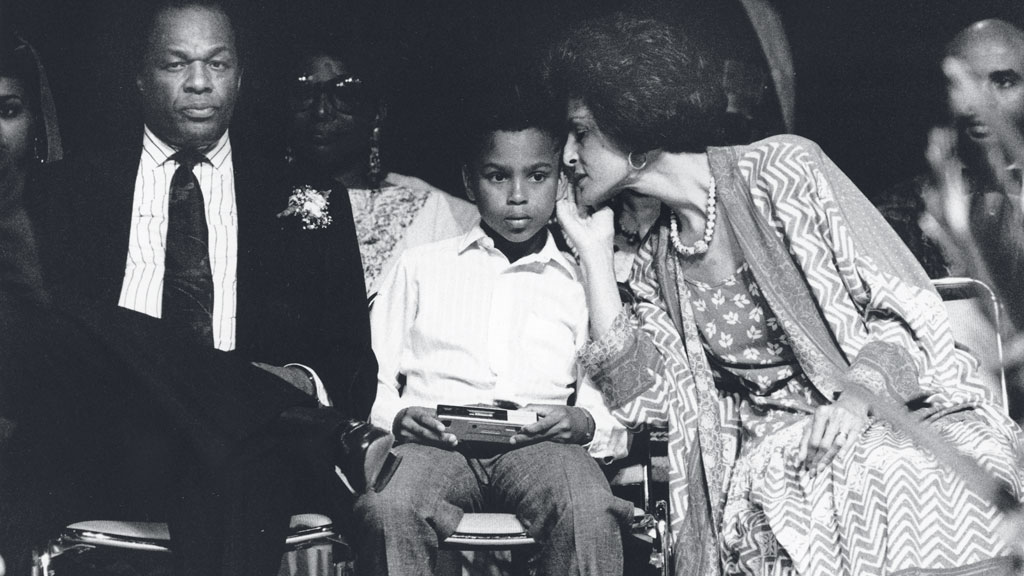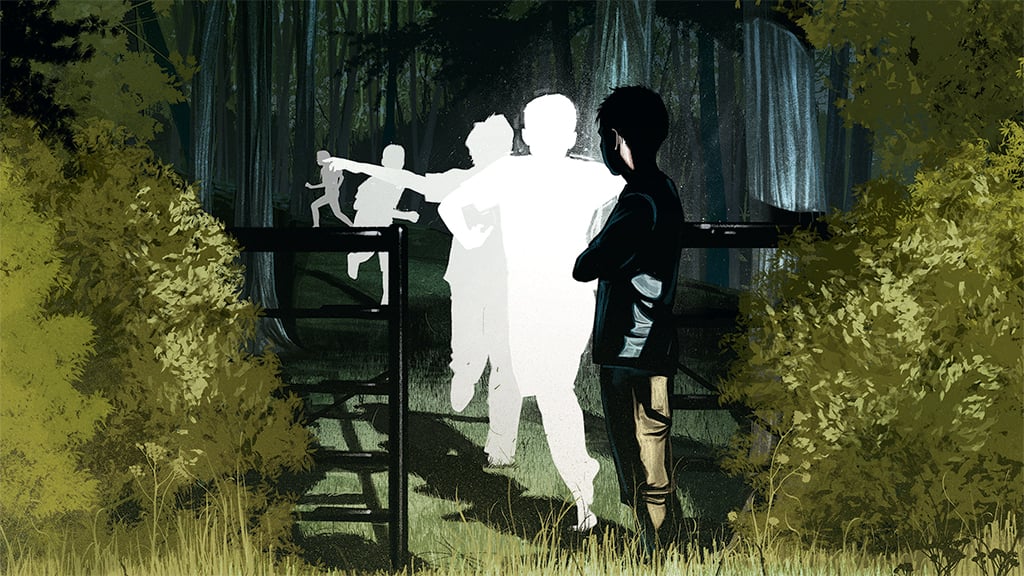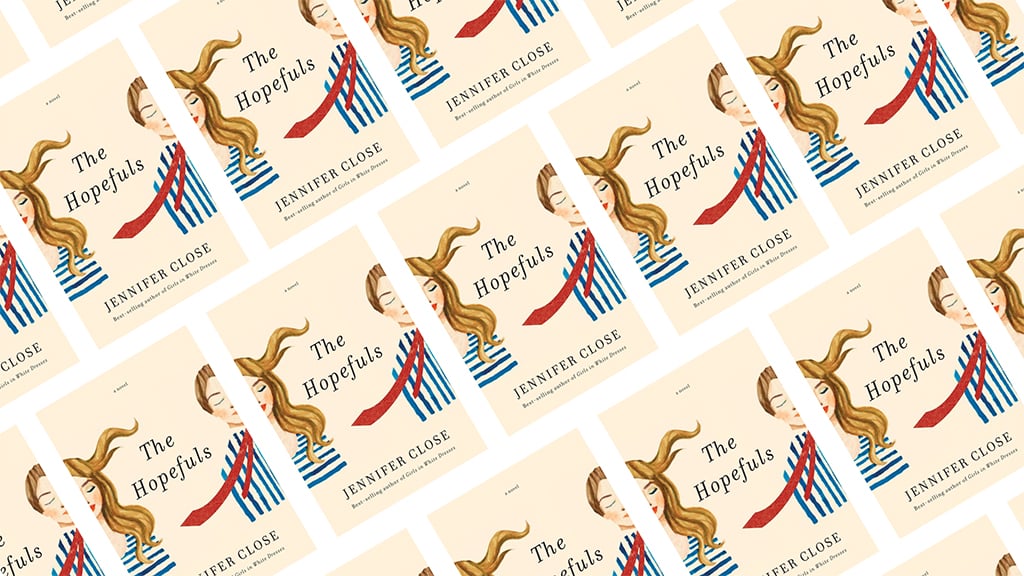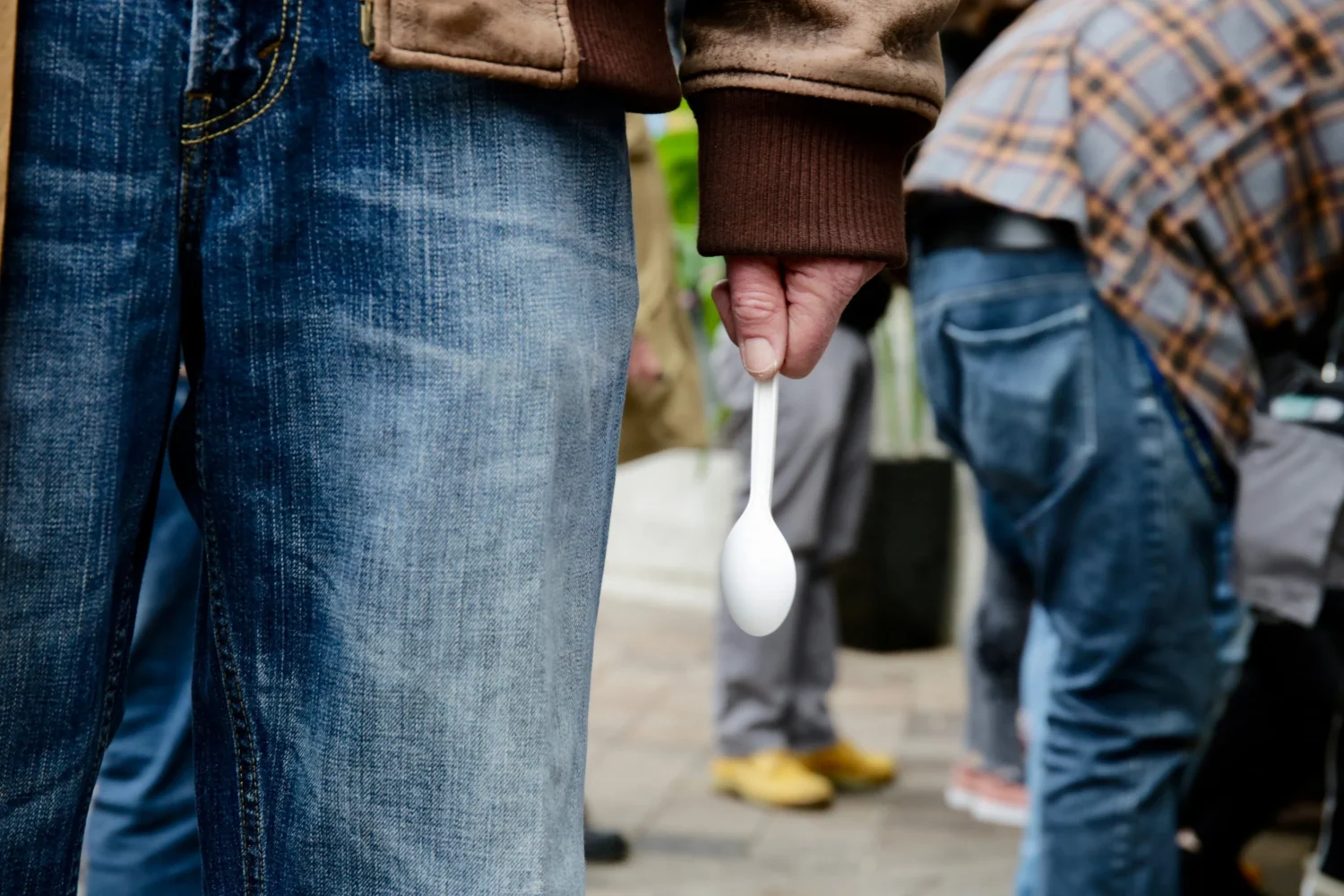Few First Ladies were more elusive than Pat Nixon. Unlike Lady Bird Johnson and Nancy Reagan, she never penned a memoir. Unlike Hillary Clinton, she wasn’t a regular in front of congressional panels. A self-effacing beauty who in her younger years resembled actress Patricia Neal—the high cheekbones, the long neck and legs, the chevrons opening around the mouth when she smiled—Nixon didn’t set out to become a style icon à la Jacqueline Kennedy. Unlike Betty Ford, who raised awareness about addiction, her name isn’t synonymous with a cause.
Due perhaps to a childhood marked by poverty and loss, Pat Nixon preferred privacy to public affection, humor, grief. A homemaker who once ironed all of husband Richard Nixon’s suits in a single night, she possessed a meekness that, during and after the Watergate scandal, seemed irreconcilable with her husband’s duplicity and made her a source of suspicion and pity. (Journalist David Halberstam called her “heartbreaking.”) What was hardest to grasp about this First Lady was her tight-lipped allegiance. Was it proof of otherworldly faith in her husband or evidence of gullibility?
The woman was a mystery, just the kind of peripheral character, argues novelist and short-story writer Ann Beattie in Mrs. Nixon, that writers of fiction—think Don DeLillo giving voice to Lee Harvey Oswald’s mother in Libra or T.C. Boyle pantomiming Frank Lloyd Wright’s many lovers in The Women—take to because of the imaginative possibilities buried among the biographical details of their lives.
Mrs. Nixon is a circuitous, occasionally eccentric, hybrid of biography, memoir, literary criticism, and short story. Here is an essay drawing distinctions between the First Lady and Anna, the hapless young lover in Chekhov’s “The Lady With the Dog.” Here is Beattie’s remembrance of an encounter with Mrs. Nixon in the shoe section of a Washington department store. Here is Pat Nixon giving a fictional soliloquy about fattening up her husband with milkshakes after the first televised debate with John F. Kennedy.
Although Beattie, who came of age in Washington during the Nixon years (“Wordsworth, Tricky Dick, and the Watergate mess, in the same summer?”), occasionally sounds a discordant note—the chapter in which she analyzes Richard Nixon’s first inaugural address using a Raymond Carver story feels like a stretch—the book makes for an immersive read, and the mix of fact and fiction, pensiveness and invention, does nothing less than simulate the complexity of human experience. “Mrs. Nixon is a fictional character,” writes Beattie, “only to the extent we all are, having both public and private selves.”
Subscribe to Washingtonian
Follow Washingtonian on Twitter
This article appears in the November 2011 issue of The Washingtonian.
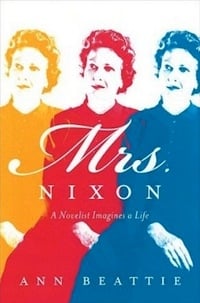
Author:
Ann Beattie
Publisher:
Scribner
Price:
$26.00







